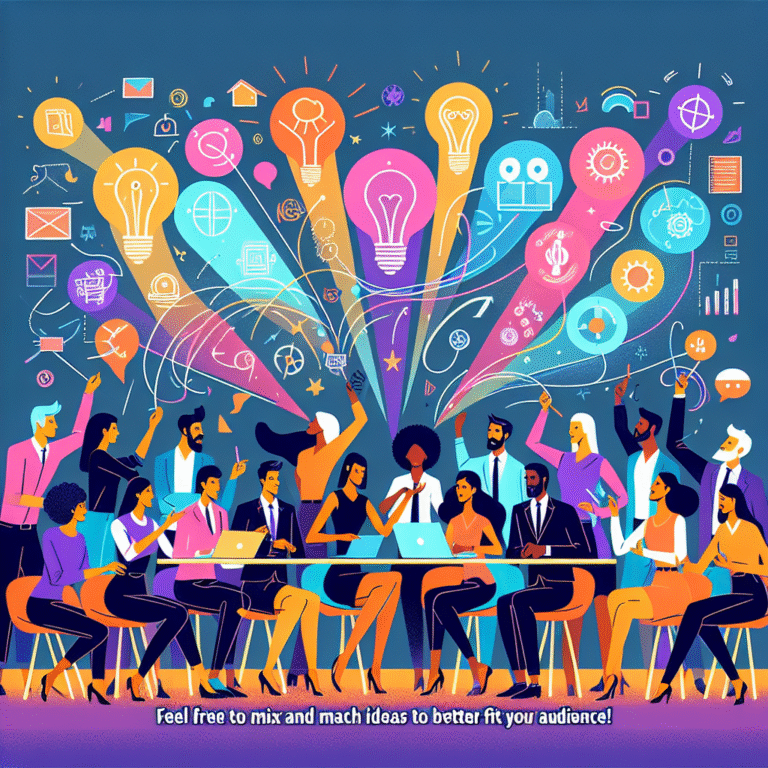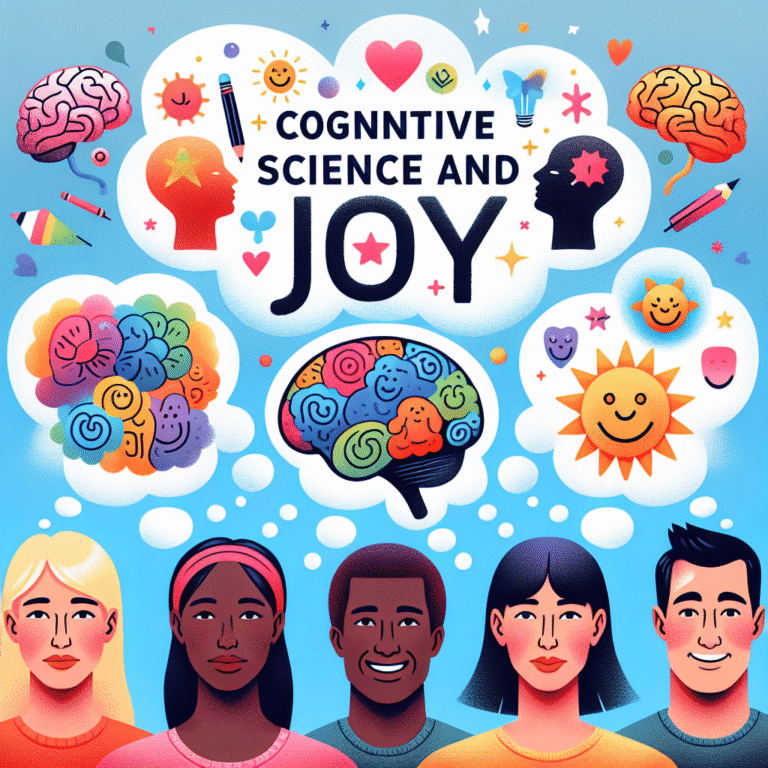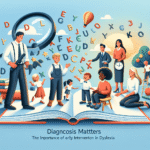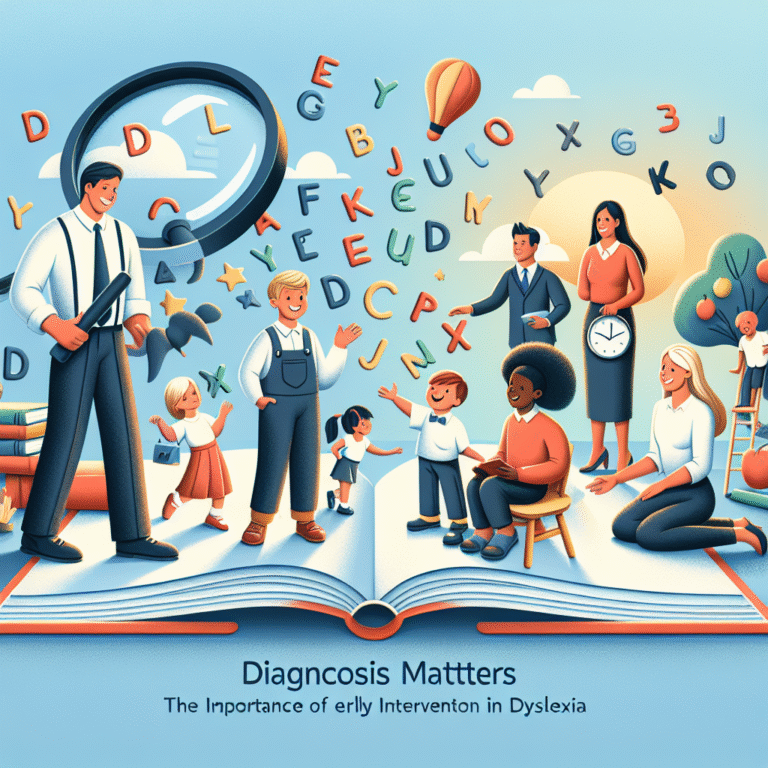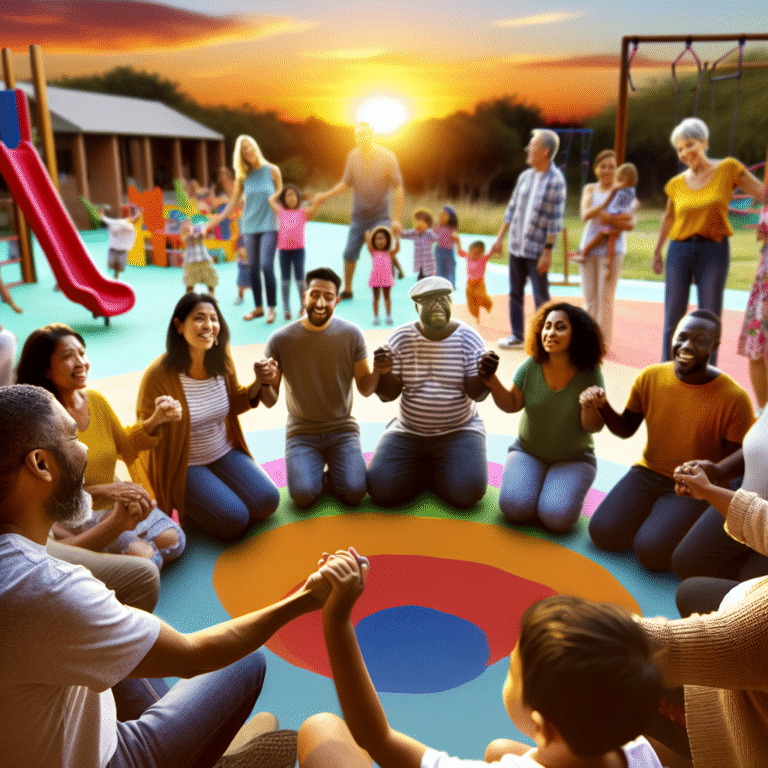
Beyond Words: The Proven Impact of Empathy on Communication and Relationships
Introduction
In a world that often prioritizes quick exchanges and surface-level interactions, the profound ability to empathize stands out as an invaluable asset. The phrase "beyond words" encapsulates how much of our communication occurs through non-verbal cues, emotions, and the subtleties of human connection. Beyond Words: The Impact of Empathy on Communication and Relationships reveals that empathy is not just a soft skill; it is essential in understanding others and fostering deeper, more meaningful connections. This article explores how empathy shapes our interactions and enhances the quality of our relationships.
The Science of Empathy
What is Empathy?
Empathy is often defined as the capacity to understand or feel what another person is experiencing. Unlike sympathy, which involves feeling for someone, empathy requires an emotional investment in understanding their perspective. This section explores its different dimensions—cognitive, emotional, and compassionate empathy—and how they contribute to effective communication.
| Type | Description |
|---|---|
| Cognitive Empathy | The ability to understand someone else’s feelings. |
| Emotional Empathy | The capacity to share feelings and emotions. |
| Compassionate Empathy | The drive to take action based on understanding others. |
Why Empathy Matters
Empathy’s significance extends beyond interpersonal relationships. In workplaces, schools, and social platforms, it serves as a foundational element for effective communication. By fostering an empathic environment, we are more likely to create collaborative, supportive spaces that encourage growth and understanding.
Empathy and Communication Styles
The Role of Non-Verbal Communication
Studies suggest that a significant percentage of our communication is non-verbal—making eye contact, facial expressions, and gestures crucial for conveying empathy. Research shows that when empathetic cues are present, people feel more understood and valued, leading to closer relationships.
Case Study: The Power of Non-Verbal Cues
In a study conducted by the University of California, Los Angeles, researchers found that students who engaged in training focused on empathetic communication improved their ability to interpret non-verbal signals effectively. This training translated to better academic teamwork and conflict resolution among students, showcasing Beyond Words: The Impact of Empathy on Communication and Relationships in an educational setting.
Active Listening
Active listening is not just about hearing words; it is about engaging with the speaker and demonstrating that their thoughts are valued. This practice enhances understanding, reduces misunderstandings, and builds trust. Active listening can make a profound difference in personal and professional relationships.
Case Study: Active Listening in Workplace Dynamics
A multinational company implemented active listening workshops, which led to a 30% increase in employee satisfaction scores. Employees felt heard and appreciated, reducing turnover rates significantly. This case illustrates Beyond Words: The Impact of Empathy on Communication and Relationships, proving that attentive listening fosters a strong workplace culture.
Empathy in Different Types of Relationships
Personal Relationships
Empathy transforms personal relationships, allowing individuals to connect on deeper emotional levels. Romantic partners, friends, and family members benefit from empathetic interactions that validate feelings and promote intimacy.
Practical Tips for Enhancing Empathy
- Practice Reflective Listening: Echo the speaker’s feelings and thoughts to demonstrate understanding.
- Ask Open-Ended Questions: Encourage deeper conversations by asking questions that invite exploration rather than simple yes or no answers.
Professional Relationships
In professional settings, empathy fosters collaboration and innovation. Leaders who exhibit empathy inspire their teams, creating a culture of openness that encourages the sharing of ideas and constructive feedback.
Case Study: Empathy in Leadership
A report from the Center for Creative Leadership highlighted companies led by empathetic leaders. These organizations showed not only higher employee engagement scores but also reported a 25% increase in productivity. This amalgamation of findings exemplifies Beyond Words: The Impact of Empathy on Communication and Relationships in a corporate environment.
Barriers to Empathy
Cultural Differences
Empathy isn’t universal; cultural norms can shape how it is expressed and perceived. Understanding these differences is crucial to effective communication.
Emotional Barriers
Many people struggle with expressing empathy due to past experiences, emotional trauma, or personal biases. Recognizing these barriers can lead to overcoming them, thereby enhancing one’s empathic skills.
Overcoming Barriers
- Education: Workshops and training on empathy can help individuals understand the value of cultural differences.
- Self-Reflection: Encouraging individuals to reflect on their emotional barriers can increase awareness and foster growth.
The Ripple Effect of Empathy
In Communities
Empathy can heal communities fractured by conflict or misunderstanding. Community programs that focus on empathic communication have shown to reduce crime rates and increase civic engagement.
Case Study: Community Conflict Resolution
A community mediation program linked through a university utilized empathy-driven dialogues to resolve conflicts. The program resulted in a 40% reduction in disputes reported in local neighborhoods, demonstrating the community-building aspect of Beyond Words: The Impact of Empathy on Communication and Relationships.
In Education
In educational settings, integrating empathy into curricula promotes a more collaborative classroom environment. Schools that emphasize empathic learning report higher student engagement and better academic performance.
Case Study: Empathy Workshops in Schools
A school district implemented a curriculum that included regular empathy workshops, focusing on developing emotional intelligence skills. This initiative improved not just student-teacher relationships but also peer interactions, reducing bullying incidents significantly.
Conclusion
The insights gathered reveal that empathy is a fundamental driver in effective communication and nurturing meaningful relationships. From personal connections to community dynamics, understanding Beyond Words: The Impact of Empathy on Communication and Relationships serves as a guide to developing deeper empathy in various spheres of life.
Moving forward, it is crucial to take actionable steps—engage in active listening, challenge emotional barriers, and embrace cultural differences—to cultivate an empathic environment. Together, we can transform our communication patterns and deepen our relationships, all while making the world a more connected place.
FAQs
1. How can I practice empathy in my daily life?
Engage in active listening, reflect on what others are saying, and ask open-ended questions to better understand their feelings.
2. What are the benefits of empathetic communication?
Empathy fosters trust, reduces conflict, enhances collaboration, and strengthens relationships both personally and professionally.
3. Are there specific techniques to develop empathy?
Yes! Techniques include reflective listening, role-playing different perspectives, and participating in workshops focused on emotional intelligence.
4. How does culture influence empathy?
Cultural norms shape how empathy is expressed and perceived. Understanding these differences is vital for effective cross-cultural communication.
5. Can empathy be taught?
Absolutely. Empathy can be cultivated through practice and education, fostering emotional intelligence and effective communication skills.
This article encapsulates the essence of empathy, exploring its dimensions, applications, and transformative power in enhancing communication and relationships. Embracing the tenets of Beyond Words: The Impact of Empathy on Communication and Relationships can lead to richer, more fulfilling interactions in all walks of life.





